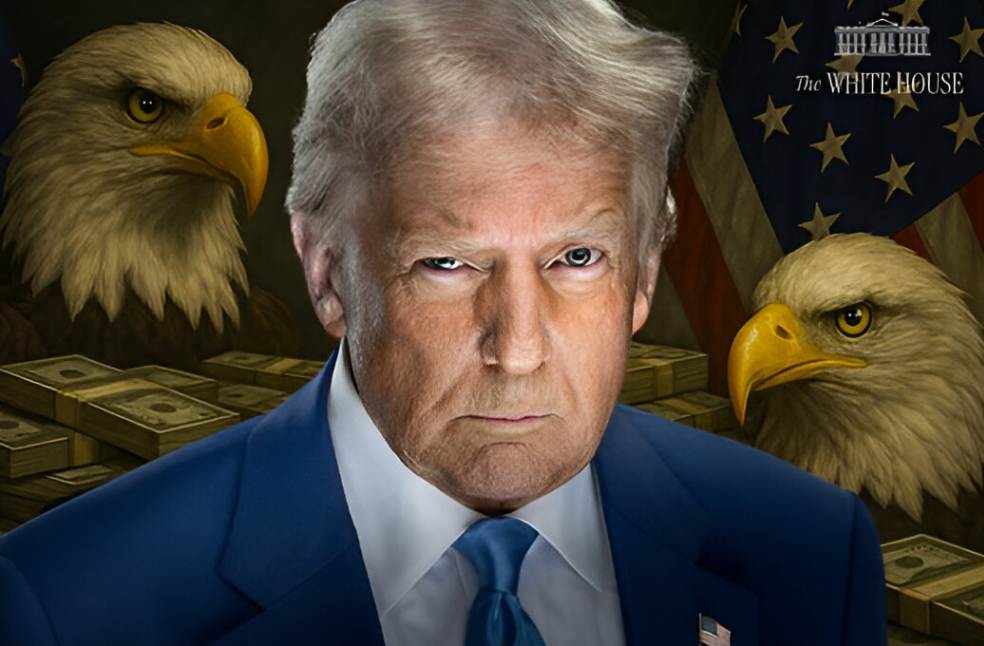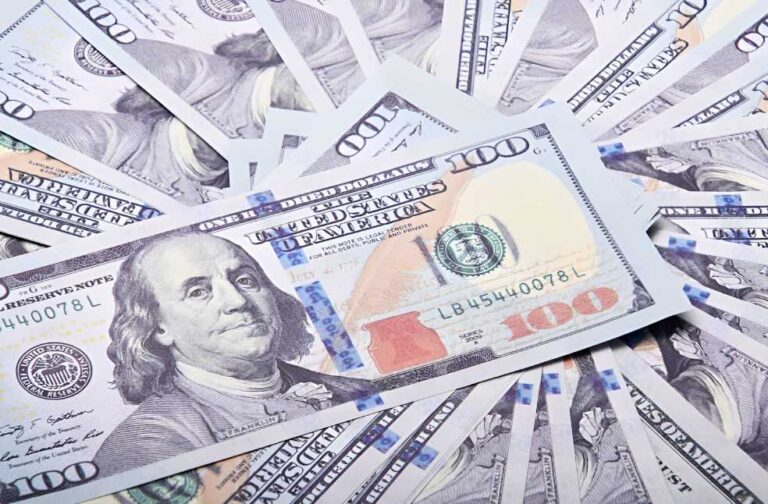United States: Moody’s Ratings has downgraded the United States government’s credit rating from Aaa to Aa1, stripping the country of its last remaining top-tier score among the three major credit agencies.
The agency cited the failure of successive administrations to rein in ballooning fiscal deficits as the key reason for the move, a development that could rattle global financial markets and further complicate President Donald Trump’s economic agenda.
The downgrade marks the end of the U.S. government’s clean sweep of triple-A ratings. Standard & Poor’s cut the U.S. rating in 2011, and Fitch followed in 2023.
Moody’s stated that, “Successive US administrations and Congress have failed to agree on measures to reverse the trend of large annual fiscal deficits and growing interest costs.” The agency did, however, revise its outlook for the U.S. from negative to stable and pointed to enduring strengths, including the scale and resilience of the economy and the dollar’s global reserve currency status.

Moody’s projects the federal deficit will reach nearly 9 percent of GDP by 2035, up from 6.4 percent in 2024, driven by rising interest payments, entitlement costs, and relatively weak revenue growth. The agency also warned that extending Trump-era tax cuts, a key goal of the Republican-controlled Congress, could add $4 trillion to the federal primary deficit over the next decade.
The downgrade drew swift backlash from the Trump administration. White House communications director Steven Cheung criticised Moody’s chief economist Mark Zandi, calling him a political opponent of the president and dismissing his analysis as unreliable.
Stephen Moore, former Trump economic adviser and a senior fellow at the Heritage Foundation, called the move outrageous. Lawmakers remain sharply divided, Republicans continue to oppose tax hikes, while Democrats resist significant spending cuts.
A major budget package proposing tax breaks and spending cuts was derailed in the House Budget Committee after far-right Republicans joined Democrats in voting against it. The dissenting Republicans demanded steeper cuts to Medicaid and Biden’s green energy incentives, a rare intra-party blow to President Trump.
Trump’s attempts to streamline spending through the newly created Department of Government Efficiency, led by Elon Musk, have fallen short of expectations. Efforts to boost revenue via tariffs have sparked global trade tensions, further complicating the economic outlook.
Although the downgrade came after markets closed, Treasury bond yields rose in after-hours trading. Tom di Galoma, managing director of rates and trading at Mischler Financial in Utah remarked that, “Very surprising. This is big – markets were not expecting this at all.”
Analysts fear that if concerns over fiscal instability and political dysfunction escalate, they could spark a bond market sell-off and hinder the administration’s ability to fund its priorities.



